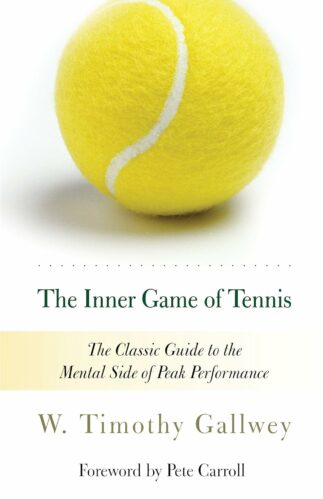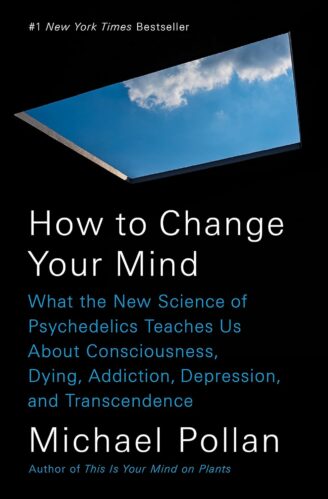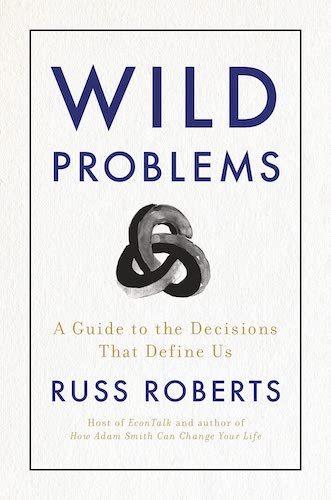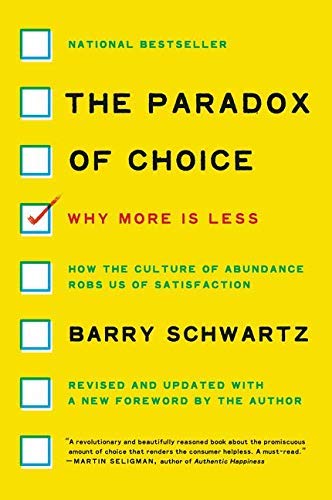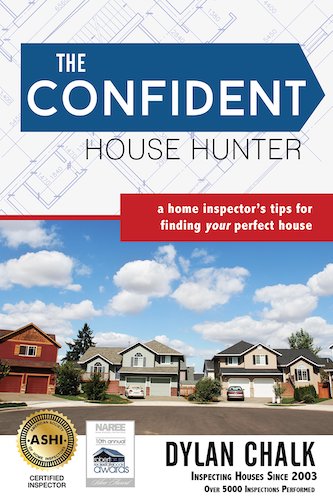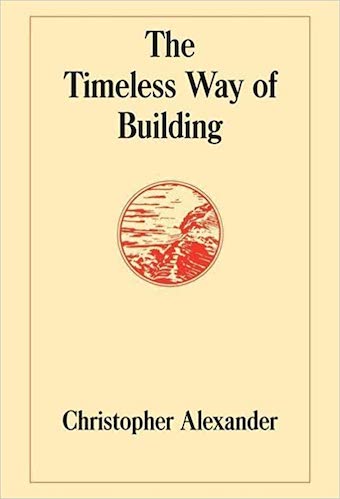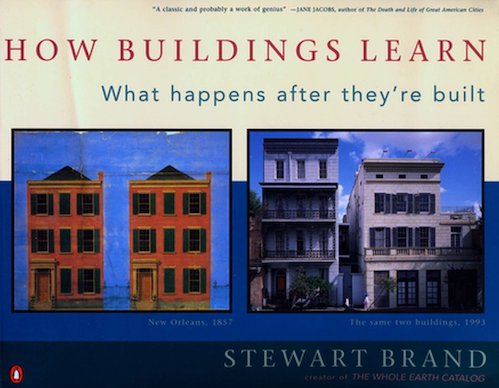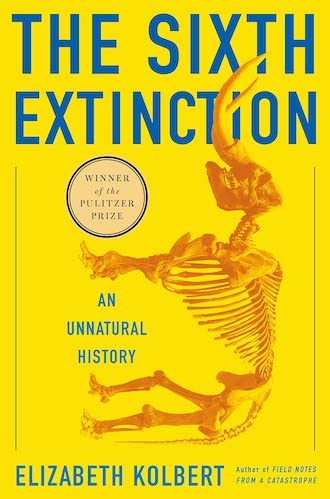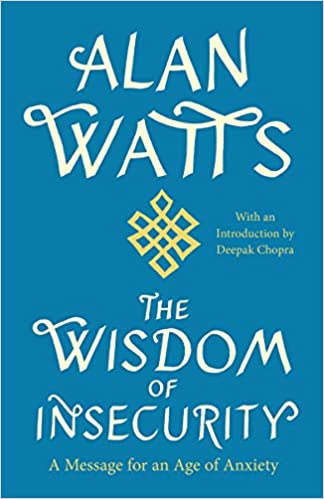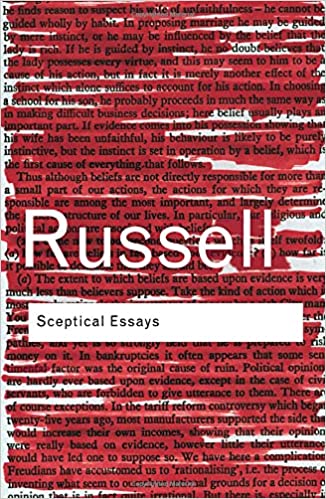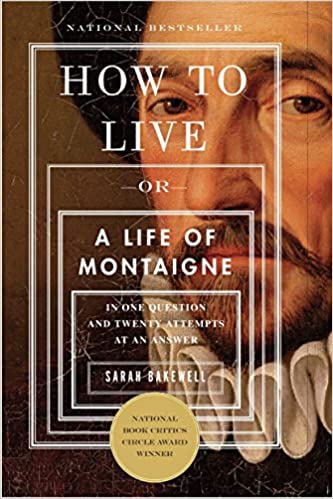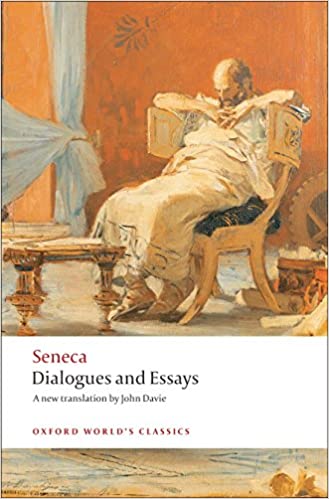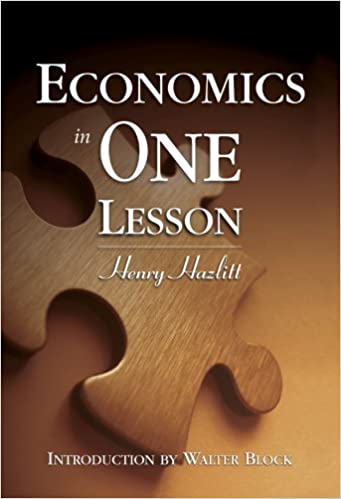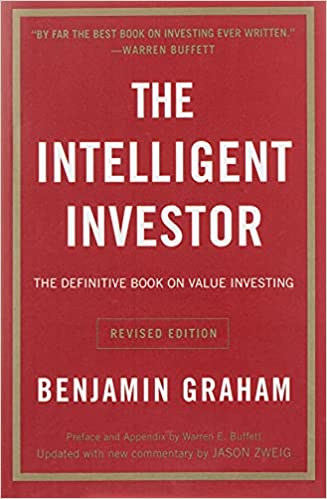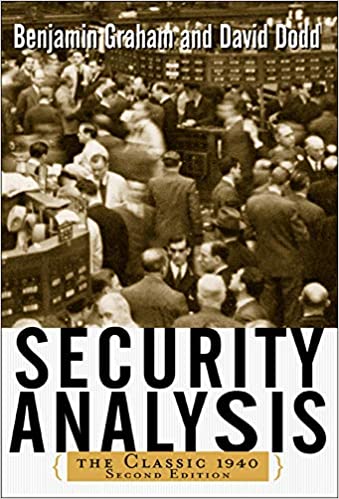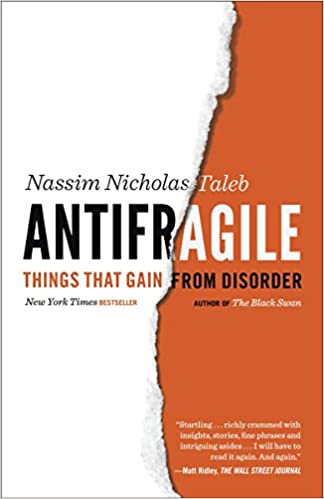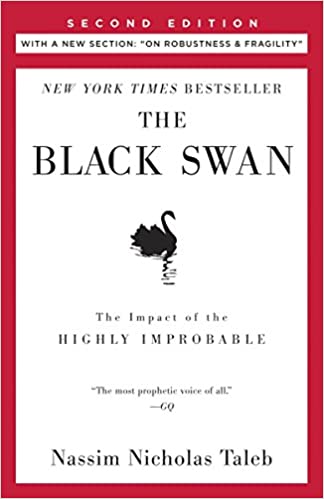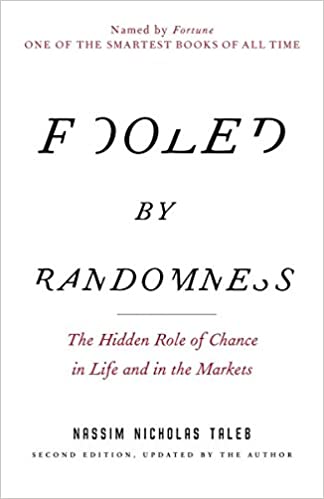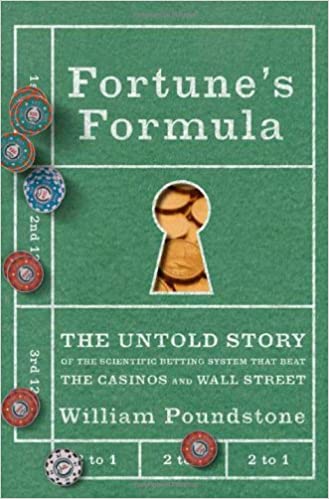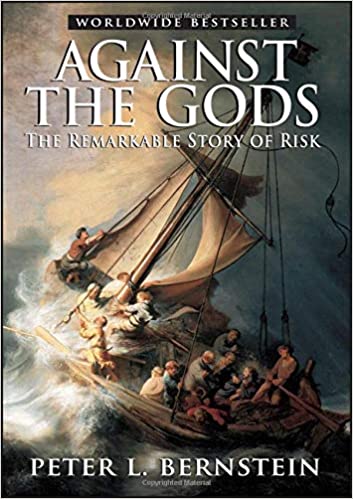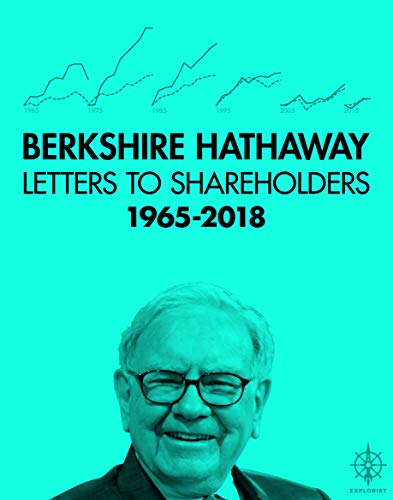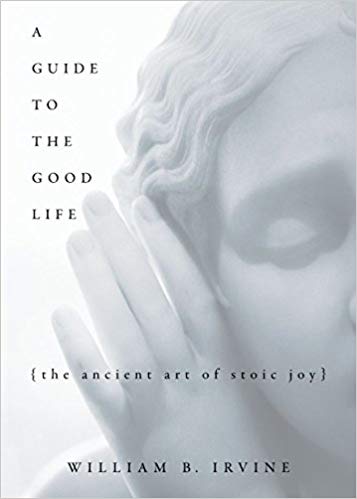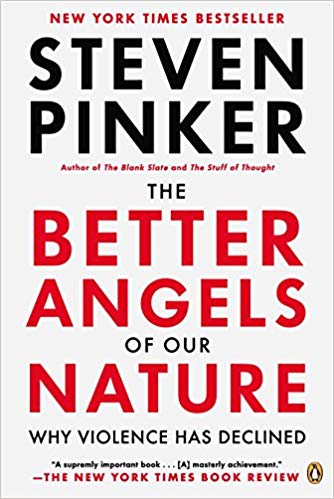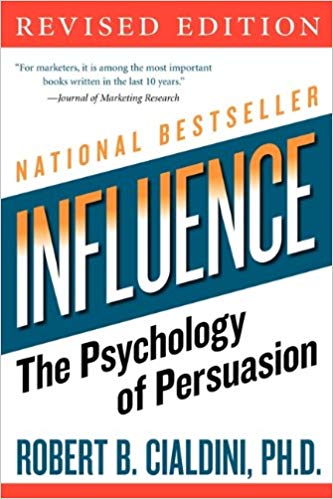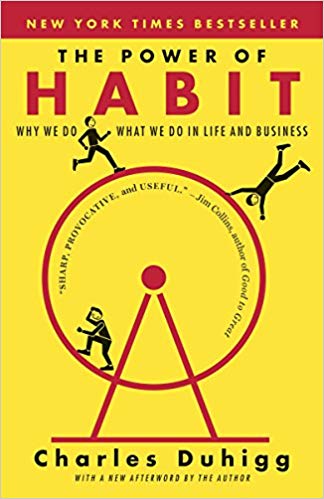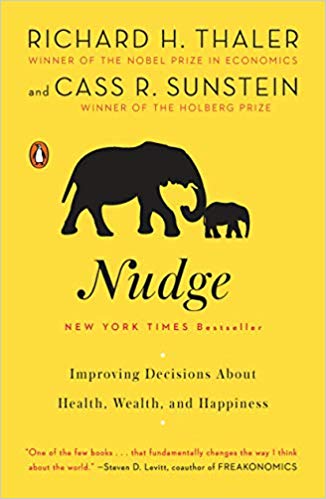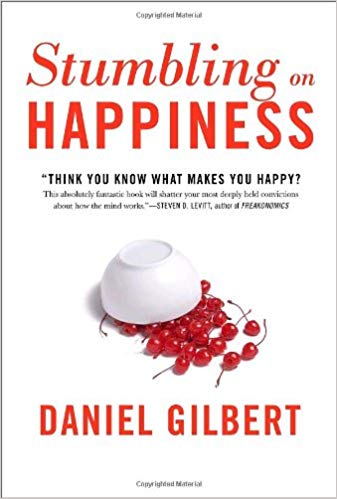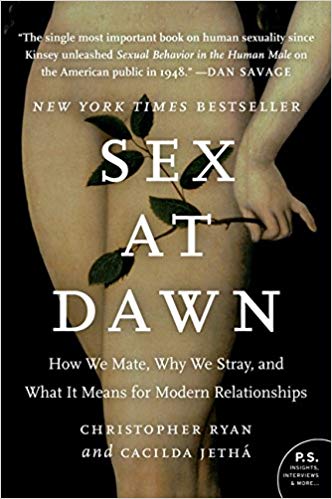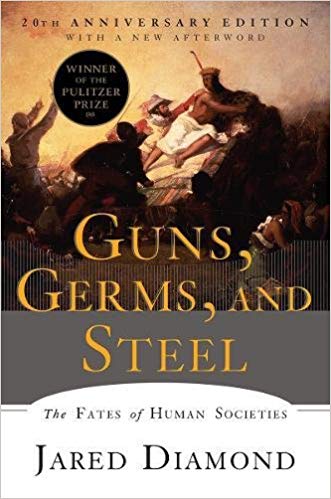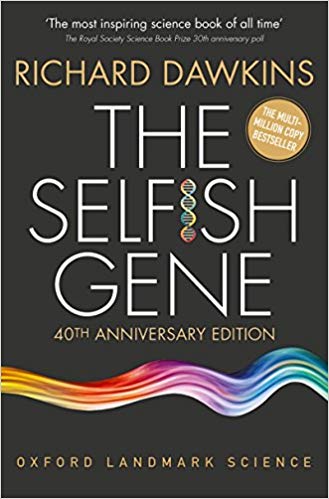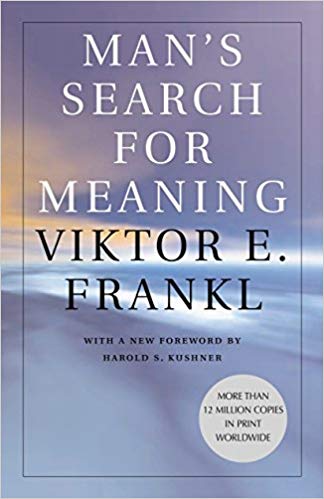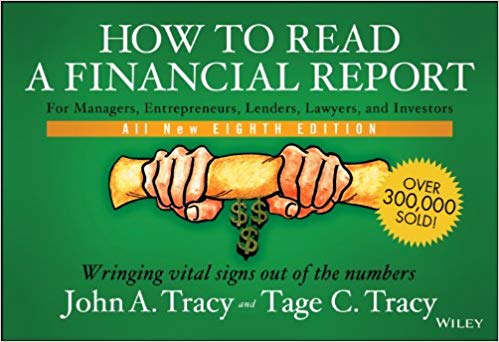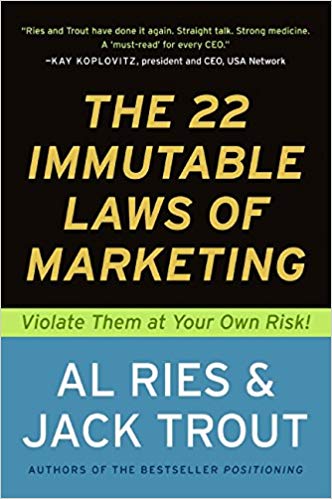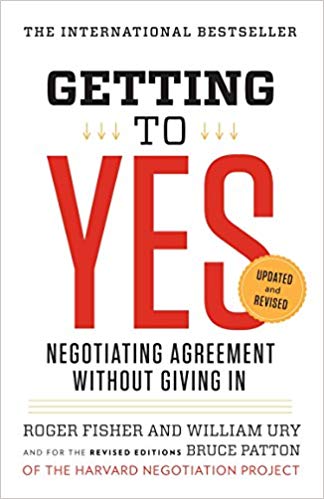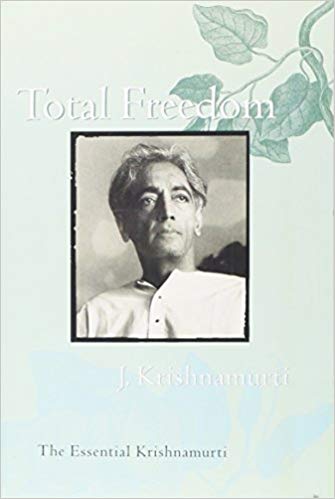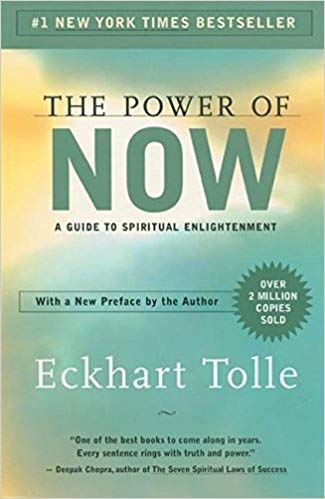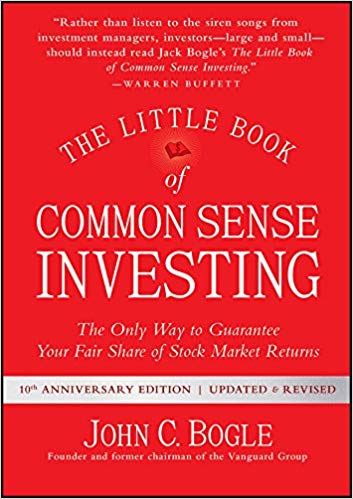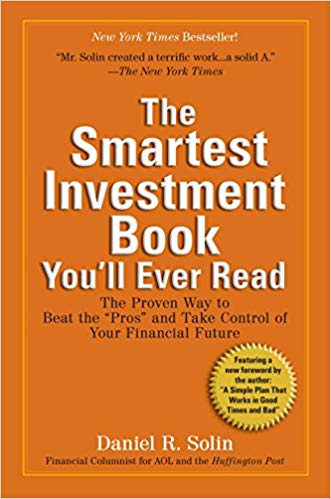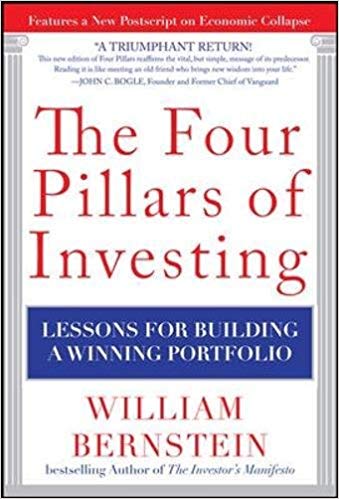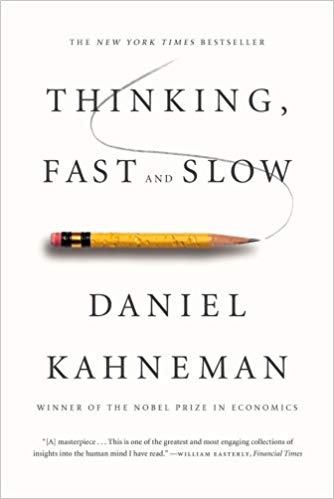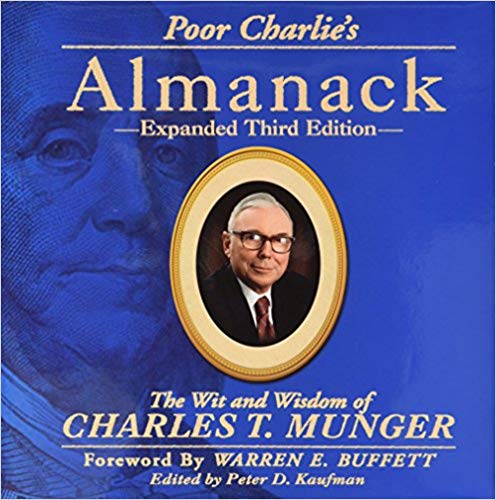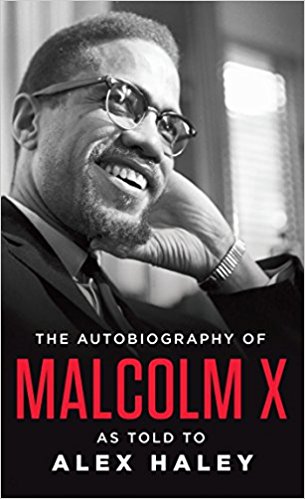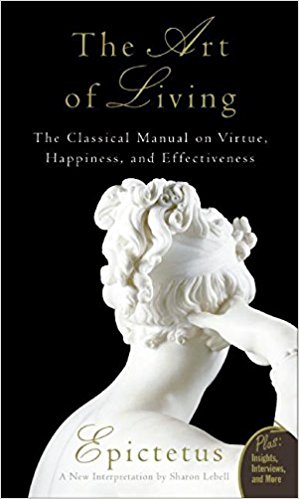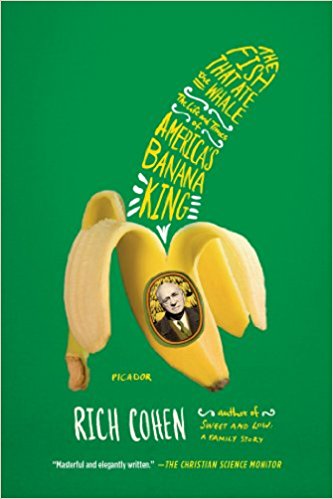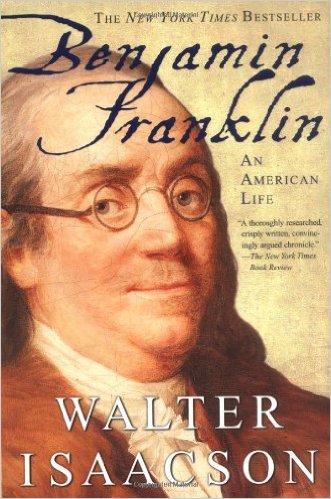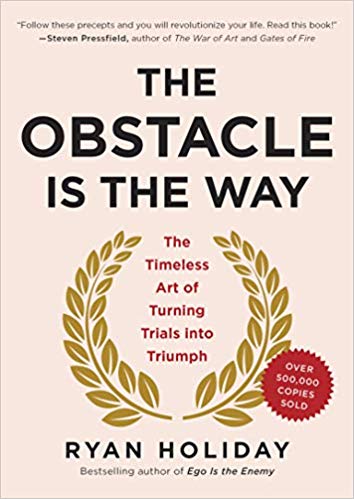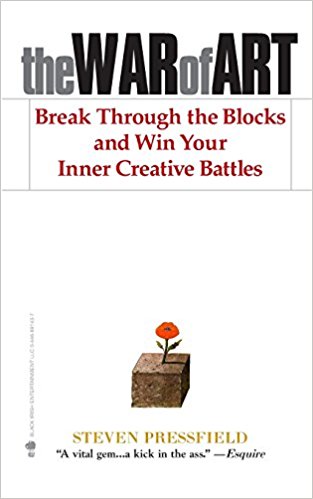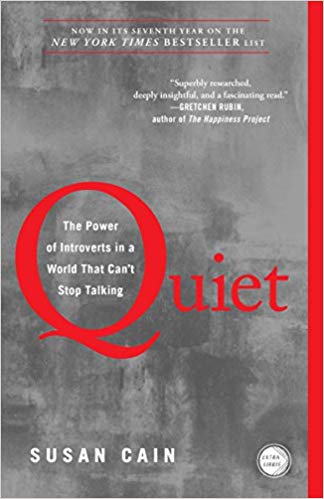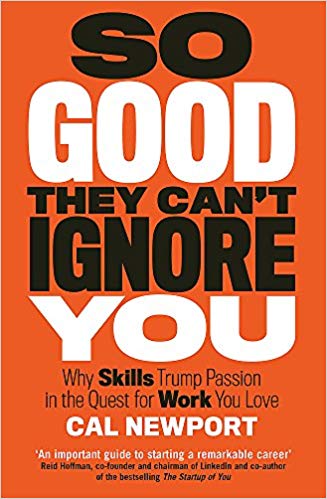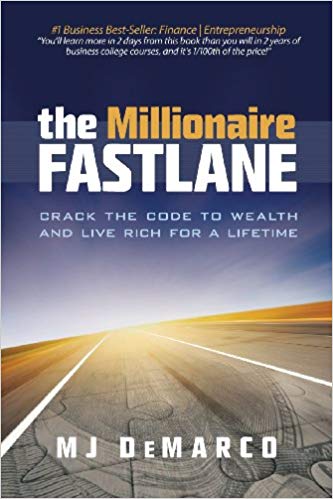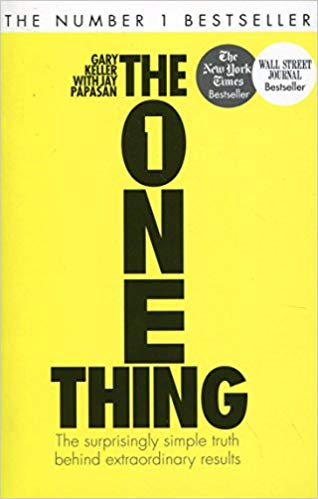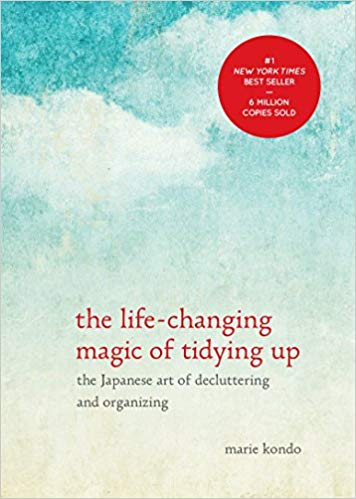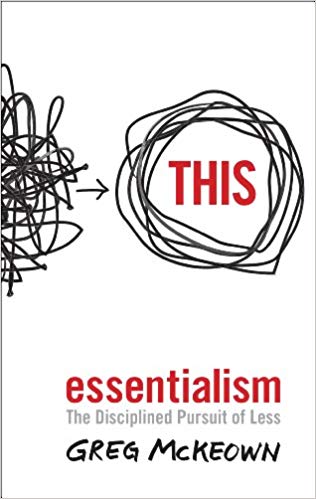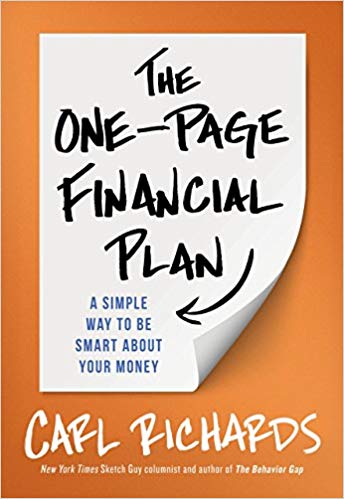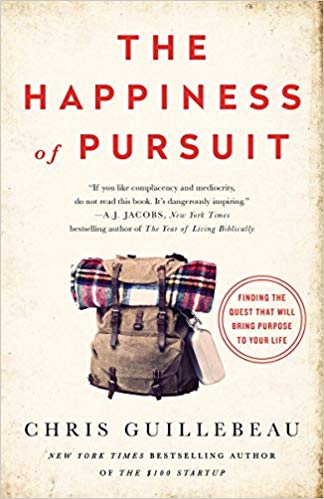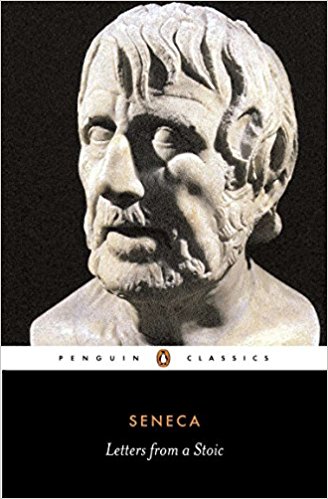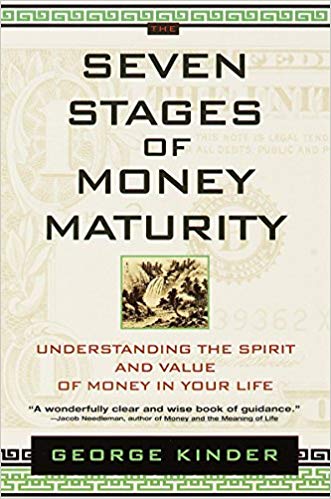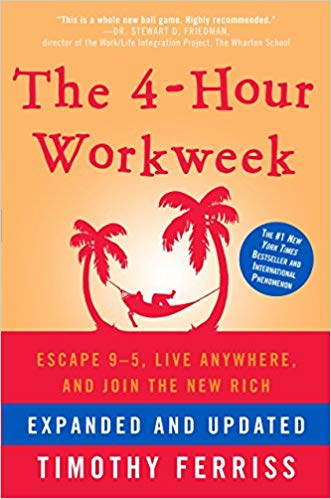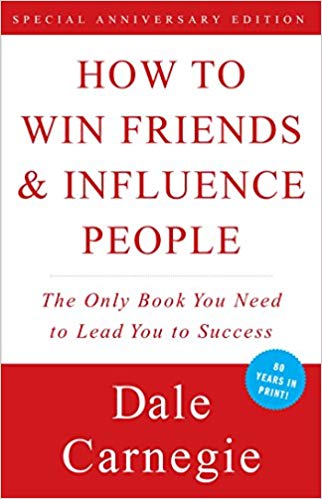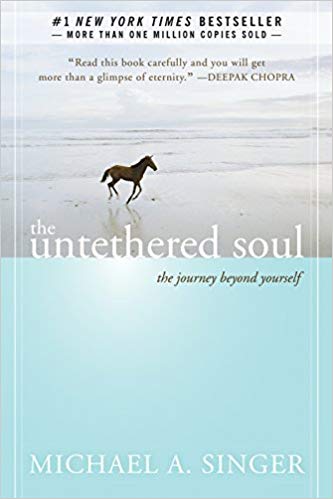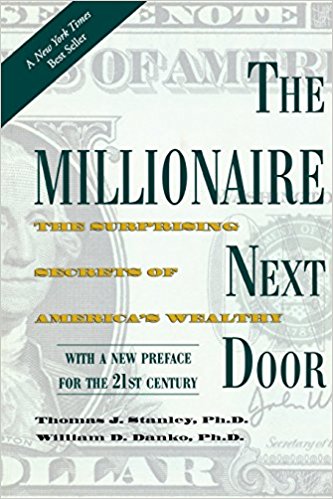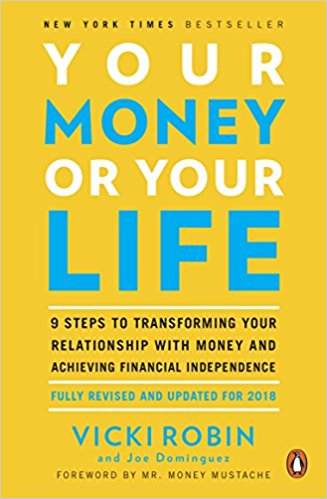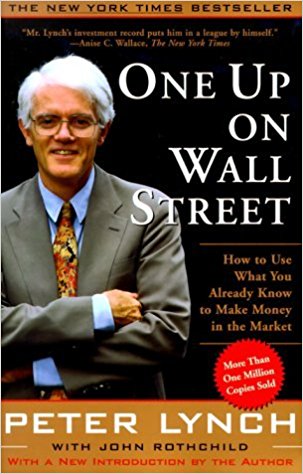Books
Books might be the best investment you can make. Here’s a running list I’ve read that might help you. (Updated October 31st, 2023)
THE INNER GAME OF TENNIS: The Classic Guide to the Mental Side of Peak Performance
Print | eBook | Audiobook
When you’re competing, it’s easy to have running commentary in your mind. Mostly it’s critical self talk. Of course, critical self talk is self defeating. It reinforces the unsatisfactory performance.
And if you replace the critical self talk with positive self talk nothing changes. Why? Because positive self talk demands satisfactory performance. So, positive self talk is just critical self talk in disguise.
So, the secret of peak performance is to stop all that chatter. The instructions. The criticizing. The praising. Instead, just observe what you’re doing without judgement. When you make a mistake, visualize with your mind’s eye what should have happened instead.
This creates the opportunity to learn naturally, which happens when you let go, and live in the moment. You want to find that “flow” state, or being “in the zone”. That’s how to perform better, at anything.
HOW TO CHANGE YOUR MIND: What the New Science of Psychedelics Teaches Us About Consciousness, Dying, Addiction, Depression, and Transcendence
Print | eBook | Audiobook
Firstly, Michael Pollan discusses the history of psychedelics. How LSD was synthesized in a lab. How magic mushrooms were discovered in Mexico. How they went on to become synonymous with the 1960’s countercultural movement and subsequently listed as controlled substances even though they showed promise treating mental illness.
Next, Pollan shares his experience trying DMT and LSD and psilocybin. It’s fun tagging along with him as he meets a colorful cast of characters, and shares each psychedelic journey.
There’s a very compelling argument that psychedelics are a useful tool as you get to middle age. Get entrenched in your way of thinking. Worth a read. It might just change your mind.
WILD PROBLEMS: A Guide to the Decisions That Define Us
Print | eBook | Audiobook
What career? Where to live? Who to marry? Children? These are the big life choices.
Now, the current “you” might not want children. The objective pro con list you made says you don’t. But the “you” you will become after having a child can’t imagine life without. Which “you” decides?
The only way to really understand is to do it. The only way to understand a career is trying it. The only way to understand a city is living there. The only way to understand marriage is getting married. The only way to understand having children is having a child.
A few valuable nuggets makes the book worth the quick read.
THE PARADOX OF CHOICE: Why More Is Less
Print | eBook | Audiobook
Explores how having abundant choice decreases happiness.
First of all, when you compare a choice made with another choice not made it decreases your happiness. This is the idea of opportunity cost. Second, your overall happiness from making any choice will automatically decrease. Regret.
The book makes the further distinction between maximizers, people who spend lots of time and effort finding the best possible choice, and satisficers, people who settle for good enough. It’s better to be a satisficer than a maximizer.
It was okay. One of those books that should have been an article. Like the saying goes, less is more.
THE CONFIDENT HOUSE HUNTER: A Home Inspector’s Tips for Finding Your Perfect House
Print | eBook
The author breaks houses down into core systems (e.g. foundation, framing, rooflines), entrenched systems (e.g. ducts, insulation, pipes, wires), and disposable systems (e.g. appliances, bathrooms, kitchens, roof, water heater).
Avoid houses with core system problems. It’s likely a complicated repair. Entrenched system problems are a true fixer. And disposable system problems are usually easy to address, although not necessarily inexpensive, like a new bathroom or roof.
After reading this book I’ve spotted warning signs when looking at houses that I wouldn’t have noticed prior. Highly recommend if house hunting.
A PATTERN LANGUAGE: Towns, Buildings, Construction
Print | eBook | Audiobook
Christopher Alexander collected everything there is to know about design and created this book. The result are 250+ patterns that can be put together to create an almost infinite amount of buildings.
I enjoyed the direct advice. Kitchen cabinets should be open shelves because cabinet doors get in the way and hide what’s inside. Rooms should always have windows on two sides. There’s advice for almost anything building related you can think of.
Some of the advice was a little sketchy. Like living in an apartment above the fourth floor will make you go crazy. Overall, excellent reference book.
THE TIMELESS WAY OF BUILDING
Print | Audiobook
Chris Alexander explains very verbosely why some places feel alive, and why other places feel dead.
The key is to let go of ego and look at building solely from the point of view of the needs the building is trying to address.
I read this book as a primer for his second book A Pattern Language. This wasn’t what I was looking for. But I highly recommend A Pattern Language.
HOW BUILDINGS LEARN: What Happens After They’re Built
Print | eBook
Stewart Brand distills buildings into six layers: site, structure, skin, services, space, and stuff.
Site is location and property lines. Structure is the frame. Skin separates the inside from the outside. Services are electrical, plumbing, utilities, etc. Finally, the space plan, and stuff like furniture that fills the space.
This book is chock full of useful advice. Make services accessible. At some point you’ll need to access wires and pipes. Stick to 90 degree angles. They’re easy to use. Trust brick, hardwood, stone. Pitched roofs, not flat.
Essentially, buildings that survive and thrive are those that are flexible enough to adapt to changing needs and tastes over many years. Wonderful book.
THE SIXTH EXTINCTION: An Unnatural History
Print | eBook | Audiobook
The Earth isn’t organized or shaped by nature anymore.
Because of humans, there are no natural borders anymore. Because of humans, plants and animals go extinct. In short, humans are the ultimate invasive species.
Somehow I found it comforting knowing that millions of years from now, when we’re all dead and gone, a thin strip of sediment about the width of a piece of paper will be all that’s left of us on Earth.
Everything gets reduced to a layer of sand. Makes you question what’s important in life.
THE WISDOM OF INSECURITY: A Message for an Age of Anxiety
Print | eBook | Audiobook
It was okay.
There were some useful nuggets, but too much mumbo jumbo (“[…] trying to make a knife cut itself.”) for my liking.
I’ve read Jiddu Krishnamurti, Eckhart Tolle, Michael Singer, Robert Wright, etc., etc., and so maybe I’m just over this genre. I can stop now, because I “get the joke.”
SCEPTICAL ESSAYS
Print | eBook
I read this because Russell is Warren Buffett’s favorite philosopher. These essays cover a wide range of philosophic topics, suggesting you cultivate skepticism.
For instance, “When a man tells you that he knows the exact truth about anything, you are safe in inferring that he is an inexact man. It is an odd fact that subjective certainty is inversely proportional to objective certainty. The less reason a man has to suppose himself in the right, the more vehemently he asserts that there is no doubt whatever that he is exactly right.”
In short, question everything. Including your strongest beliefs. It’s healthy.
HOW TO LIVE: Or A Life of Montaigne in One Question and Twenty Attempts at an Answer
Print | eBook | Audiobook
By telling stories of Montaigne’s life gleaned from his massive essays, Bakewell attempts to answer the question, “How to live?” in 20 answers. I loved this structure!
If you’re a student of Stoicism or Skepticism the answers aren’t new. Avoid attachment. Don’t be greedy. Avoid vanity. Prepare for death.
I knew nothing about Montaigne before reading this book, but he just wanted to know himself, and did that through his writing. Found it totally engrossing.
DIALOGUES AND ESSAYS
Print | eBook
This is a compilation of essays by Seneca. I immensely enjoyed two: On the Happy Life and On the Shortness of Life.
On the Happy Life examines how to create a life worth living. The solution isn’t to aim for happiness, it’s to aim for virtue, and happiness will be a consequence. On the Shortness of Life is just that. How not to squander your time here. Life isn’t short, but we make bad use of it.
I thought the other essays were a bit tedious, or just not as useful as these two.
ECONOMICS IN ONE LESSON
Print | eBook | Audiobook
Hazlitt has done a remarkable job summing up economic policy concepts in a fun, short read.
The topics covered caused me to stop and think about my assumptions about how things work. The main point is to train yourself to look beyond any immediate consequence. For example, a government project that directly benefits one group indirectly takes away from another. Of course.
Granted, I don’t know much about economics, so I need to read The General Theory of Employment, Interest, and Money by John Maynard Keynes, who had differing views.
THE INTELLIGENT INVESTOR: The Definitive Book on Value Investing
Print | eBook | Audiobook
The must-read chapters are eight and twenty.
Chapter eight covers market fluctuations, introducing the imaginary manic-depressive Mr. Market, who’s euphoric one day and miserable the next. The point is, you only need to do business with Mr. Market when you want to. When it’s in your best interest.
Chapter twenty introduces the margin of safety concept. To only buy stocks that are clearly underpriced, because if your analysis was a little bit off, you’re still likely to make money. Of course, these opportunities take time to materialize.
This book is an easy read compared to Graham’s Security Analysis, so I’d recommend starting with this one.
SECURITY ANALYSIS: Principles and Techniques
Print | eBook
Benjamin Graham and David Dodd wrote the definitive book on value investing. This is it.
Yes, it’s a textbook. It’s very dry, and very long (clocking in at 727 pages). But if you’re interested in time-tested methods to analyze businesses, and determine their intrinsic value, it’s a must read.
Again, not an easy book to digest, but worth the time and effort if you’re a serious investing student.
ANTIFRAGILE: Things That Gain from Disorder
Print | eBook | Audiobook
The main point of this book is that fragile things are threatened by volatility and disorder, resilient or robust things are mostly unaffected by them, but that antifragile things benefit from them. They grow stronger.
Nassim Taleb thinks modern life and our attempts to make everything predictable has caused fragility, and that’s unnatural because survival over the long term requires being antifragile. So, we should embrace volatility, and not try controlling everything.
I highly recommend this book. I’ve been applying the concept to my life, and to my investing.
THE BLACK SWAN: The Impact of the Highly Improbably
Print | eBook | Audiobook
This book is mostly about the problem of trying to make predictions about unpredictable events.
There are two types of randomness. The kind that fits into neat little distributions such as the bell curve, and the kind that doesn’t. We’re mostly ill-equipped to handle those kind. The unexpected outliers.
It’s a useful book for anyone interested in behavioral economics, or anyone managing money.
FOOLED BY RANDOMNESS: The Hidden Role of Chance in Life and in the Markets
Print | eBook | Audiobook
I love books like this, that point out our irrational biases and tendencies. More-so, that explain probability and uncertainty.
However, Nassim Taleb has a distaste of academics, economists, MBAs, stock traders, etc. And it’s easy to think he’s arrogant and condescending. And, this book is a rambling, unstructured mess.
It’s still worth reading though, because he draws on many different disciplines, and personal experiences.
FORTUNE’S FORMULA: The Untold Story of the Scientific Betting System That Beat the Casinos and Wall Street
Print | eBook | Audiobook
John Kelly, who worked for AT&T’s Bell Laboratory, developed the “Kelly criterion” to analyze long-distance telephone signal noise.
Then it became a strategy for determining how much to bet in order to produce the greatest amount of wealth, while reducing the chance of ruin.
This book is very entertaining, with stories about counting cards in Las Vegas casinos, and how a major hedge fund blew up. It prompted me to re-assess how I think about capital allocation.
AGAINST THE GODS: The Remarkable Story of Risk
Print | eBook
A historical overview about risk, and how it’s evolved from ancient times to today.
Peter Bernstein introduces various mathematicians and philosophers (e.g. Bernoulli, Fermat, Fibonacci, Gauss, Pascal), and discusses how their theories about probability and uncertainty shaped modern-day risk management, from the insurance business to the stock market.
If you’re interested in finance and mathematics it’s a fun read. Otherwise, it will be tiring.
BERKSHIRE HATHAWAY LETTERS TO SHAREHOLDERS: 1965-2018
eBook
A compilation of Warren Buffett’s annual shareholder letters. Some I’d read, but I’ve wanted to read them all chronologically. (Note: 1977 to present year are freely available on Berkshire Hathaway’s website.)
If you’re a business and long-term investor type read them, because they’re part business lessons (insurance, furniture, homebuilder, jewelry, newspaper, railroad, shoe, etc.), and part investing lessons (capital allocation, diversification, economics, markets, risk, valuation, etc.).
It was a fascinating walk through history, and filled with valuable nuggets to apply to my investing.
A GUIDE TO THE GOOD LIFE: The Ancient Art of Stoic Joy
Print | eBook | Audiobook
Stoics try to cultivate a mixture of detachment and joy.
And they accomplish this by using tools like internal goals, negative visualization, and self-denial. I finally realized I’ve somehow been a Stoic all along.
Read this book before reading Marcus Aurelius, Epictetus, Seneca, et al. It’s an excellent introduction to Stoic philosophy, a “philosophy of life.”
THE BETTER ANGELS OF OUR NATURE: Why Violence Has Declined
Print | eBook | Audiobook
A big, sprawling book that argues violence of every kind has been on a steady decline throughout human history.
Steven Pinker makes his case in considerable detail, discussing the wide-ranging possibilities for this decline. There’s some great nuggets of data and trivia along the way.
Parts of the book were long and tiresome, making it a grind to finish the 696 pages. However, it dramatically changed the way I look at the world. That it’s not bad, and getting worse.
INFLUENCE: The Psychology of Persuasion
Print | eBook | Audiobook
The definitive list of tricks and techniques to persuade people to do things.
After you understand how people are influenced you’ll start seeing these principles working everywhere. It’s how people sell ideas, merchandise, even relationships.
A must-read for any sales and marketing professional, but more importantly consumers.
THE POWER OF HABIT: Why We Do What We Do in Life and Business
Print | eBook | Audiobook
Charles Duhigg explains that changing a habit requires identifying the cues and rewards that trigger the routine, and then to replace the routine.
(A classic example is stress and smoking: the cue is stress, the routine smoking, the reward nicotine.)
This logic applies to bigger problem sets in companies and communities. Focus on changing one habit — the keystone habit — and watch a cascade of other habits form.
I loved the case studies. Alcoa’s transformation by a singular focus on safety. Procter & Gamble’s struggle to market Febreze. Target’s effort to hook parents-to-be. Highly recommended.
NUDGE: Improving Decisions About Health, Wealth, and Happiness
Print | eBook | Audiobook
What people decide to do is oftentimes the default choice.
Therefore, the authors argue the default choice — for health insurance plans, choosing a mortgage, saving for retirement — should be the choice that is most likely to meet the needs of those making the choice. A nudge in the right direction.
The behavioral psychology and economics stuff I’ve read before, but the “choice architecture” concept was useful.
STUMBLING ON HAPPINESS
Print | eBook | Audiobook
Daniel Gilbert presents experiments and studies to show that we’re terrible at predicting what will make us happy.
The key to overcome these cognitive errors, and to make more accurate predictions, is simply to ask people who have done what you’re thinking of doing, something I’ve been putting into practice.
This book will be revolutionary to anyone who hasn’t brushed up on their psychology lately.
SEX AT DAWN: How We Mate, Why We Stray, and What It Means for Modern Relationships
Print | eBook | Audiobook
An attempt to argue that humans aren’t naturally monogamous, and that open non-monogamous relationships are more natural.
The writing style was silly, but it presents some questions about one of the most important aspects of life.
This book was so controversial that a primatologist was moved to write a complete rebuttal entitled Sex at Dusk: Lifting the Shiny Wrapping from Sex at Dawn, which I haven’t read yet.
1491: New Revelations of the Americas Before Columbus
Print | eBook | Audiobook
A well researched and eye opening look at the landscape of the Americas prior to the arrival of Europeans.
If you were taught the land was mostly empty, and filled with simple-minded hunter gatherers, this book will blow you away. It was fascinating to learn how sophisticated early societies were, from the Aztecs to Incas to Mayans.
This book has completely shifted the way I understood the pre-European Americas.
GUNS, GERMS, AND STEEL: The Fates of Human Societies
Print | eBook | Audiobook
The core of Jared Diamond’s thesis is that history’s victors were essentially lucky in two aspects.
First of all, they had easily domesticable plants and animals. Secondly, they were oriented east-west rather than north-south, and so species domesticated in one part could easily travel to and thrive in another. Think Europe.
Diamond’s material covers many different fields and is quite dense, but written at the level non-scientists can comprehend.
SAPIENS: A Brief History of Humankind
Print | eBook | Audiobook
A relatively unbiased view of major historical events, focusing on what we currently know and don’t know. When there are conflicting theories the main ones are outlined.
It’s a wonderful trip through the cognitive, agricultural, and scientific revolutions, the creation of money and religions, imperialism and capitalism, and human development.
This is a very readable and concise summary of human evolution. Highly recommended.
THE SELFISH GENE
Print | eBook | Audiobook
The main point of this classic book is people exist so that genes can survive and replicate. We’re nothing but a vehicle to ensure their survival.
This might be difficult to stomach, but Richard Dawkins backs up his arguments with solid scientific reasoning, and presents his theories with mathematical precision.
Though disheartening at first, it’s an absolutely fascinating “pop-science” book, and recommended to anyone interested in genetics, evolution, or sociology.
MAN’S SEARCH FOR MEANING
Print | eBook
A very short but extremely intense book about the author’s experience in German concentration camps during World War II, and how he coped with them.
The lesson from Viktor Frankl is to find meaning and purpose in suffering. He writes, “Everything can be taken from a man but one thing: the last of the human freedoms — to choose one’s attitude in any given set of circumstances, to choose one’s own way.”
So if you’re lost, read this book. (Even if you’re not, read this book.)
HOW TO READ A FINANCIAL REPORT: Wringing Vital Signs Out of the Numbers
Print | eBook
This book teaches you how to read the three main financial statements: income statement, balance sheet, and cash flow.
The authors do an outstanding job showing the interrelationships between these statements, and how a company can massage the numbers for quarterly reports.
A highly useful reference for anyone wanting to learn more about financial reporting, and dull for everyone else.
THE 22 IMMUTABLE LAWS OF MARKETING: Violate Them at Your Own Risk
Print | eBook | Audiobook
A collection of marketing case studies that are interesting if you don’t know much about sales and marketing.
For example, the fact Honda is perceived as a car maker in the U.S. whereas in Japan they’re a motorcycle maker. Or that having a powerful brand name like Heinz stops companies from successfully crossing into other product categories.
The ideas in the book are showing their age, and it’s easy to argue the 22 laws presented aren’t laws but merely rules of thumb, but overall a decent marketing primer.
GETTING TO YES: Negotiating Agreement Without Giving In
Print | eBook | Audiobook
A highly touted and quick read about negotiation. Developed under the Harvard Negotiation Project the book covers the concept of “principled negotiation.”
First of all, you separate the people from the problem. Secondly, you focus on interests, not positions. Thirdly, you invent options for mutual gain. And lastly, you insist on using objective criteria.
You’re negotiating all the time. Salaries and raises at work. Prices of cars and houses. Your position in life. And you can use these principles to help you make the best of it.
TOTAL FREEDOM: The Essential Krishnamurti
Print | eBook
This collection of writing and talks by Jiddu Krishnamurti is anything but a self-help book. Instead, he helps you objectively re-examine life, spirituality, and the world, to get closer to truth.
This book because is deep, and so took many months to finish. It doesn’t give you tidy step-by-step instructions on how to be happy, or all the answers for your life.
What it does give you is a framework to start exploring life without reference to particular traditions or belief sets, and the confidence to start following your own path. Not very accessible, but highly recommended.
THE POWER OF NOW: A Guide to Spiritual Enlightenment
Print | eBook | Audiobook
Eckhart Tolle takes mostly Eastern philosophy concepts and repackages them into an easy-to-read book.
For the longest time I wanted to be financially free. To have “freedom to.” After accomplishing that I realized there’s another more difficult challenge: “freedom from.” Freedom from things like clinging, fear, negativity, suffering, wanting, useless thinking.
This very popular book can help you on that journey. It’s light on the new-age mumbo-jumbo stuff, and the sections on addiction and stress are particularly good.
LITTLE BOOK OF COMMON SENSE INVESTING: The Only Way to Guarantee Your Fair Share of Stock Market Returns
Print | eBook | Audiobook
John Bogle, founder of Vanguard, created the world’s first index fund. For most people, building a simple portfolio of low-cost index funds is going to be the best approach to investing for the long term.
So why not hear this directly from Bogle? He backs this method up with in-depth analysis and easy-to-understand charts. Great book for a new index investor.
THE SMARTEST INVESTMENT BOOK YOU’LL EVER READ: The Proven Way to Beat the “Pros” and Take Control of Your Financial Future
Print | eBook | Audiobook
A very short book I often recommend to people who want to invest but have absolutely nothing to do with investing. It’s easy to read, without any fluff, and recommends investing for market returns.
Decide on your asset allocation, open an investment account, invest in low-cost index funds according to your asset allocation, and rebalance your portfolio. That’s the book.
FOUR PILLARS OF INVESTING: Lessons for Building a Winning Portfolio
Print | eBook | Audiobook
William Bernstein is an advocate of indexing and modern portfolio theory, and so if you’re interested in wading deeper into that topic read this book.
He breaks investing down into four distinct pillars: theory, history, psychology, and the business of investing. My favorite part was the history of speculative bubbles. It started in 1689 with companies diving for sunken treasure.
While I’ve read other Bernstein books —- The Intelligent Asset Allocator and The Investor’s Manifesto -— I recommend this classic reference over those.
THINKING, FAST AND SLOW
Print | eBook | Audiobook
Daniel Kahneman, professor of psychology at Princeton University, won a nobel prize in economics for his work on decision-making with partner Amos Tversky.
This book attempts to explain the two modes of thinking: intuitive and quick-moving, and deliberate and logical. Many times decisions are made irrationally by the first mode, before the second mode can take control.
It touches many broad areas including economics, philosophy, and psychology. At 418 pages it’s a bit tiring to work through, but chock full of cognitive biases and psychological mistakes humans are prone to make when investing.
POOR CHARLIE’S ALMANACK: The Wit and Wisdom of Charles T. Munger
Print
The beginning of this book is too heavy on Munger’s accomplishments, but overall it’s the best book about business, investing, and life.
The best parts are Munger’s list of 25 cognitive biases and the transcriptions of his most popular speeches. Many of these have been updated and polished, and the wisdom contained in them are enough to make anyone wise.
It’s an unwieldy and quirky book, but one you’ll find yourself going back to again and again.
THE AUTOBIOGRAPHY OF MALCOLM X: As Told to Alex Haley by Malcolm X
Print | eBook
I’ll admit that I didn’t know much about Malcolm X when I bought this book, but I’m glad I read it after a friend urged me to.
Malcolm X was born into adversity, becomes a criminal, goes to prison, completely re-makes himself by spending all his time in prison reading books (even the dictionary), finds religion, and then becomes a civil rights leader before being gunned down by his former supporters.
The bigger lesson I came away with was the importance of being self-reliant. That you don’t have to conform to how everyone says you should act and think and look. That you can follow your own ideas and instincts, and live a life true to yourself.
THE ART OF LIVING: The Classical Manual on Virtue, Happiness, and Effectiveness
Print | eBook | Audiobook
I read Meditations by the Roman emperor Marcus Aurelius, and I wanted to recommend that book because it’s the most popular one on Stoic philosophy. Maybe it was the translation by George Long, but I found Meditations to be a tough read.
On the other had, The Art of Living is more accessible. A reader recommended it, and then I saw a copy on a friend’s coffee table. Once I picked it up I couldn’t put it down.
Clocking in at 100 pages or so, this book has the most wisdom packed into the least amount of space, and it’s the book I read a few pages from almost every morning.
THE FISH THAT ATE THE WHALE: The Life and Times of America’s Banana King
Print | eBook | Audiobook
The story about Sam Zemurray was so compelling I finished this book in one day. It’s a true rags to riches story: A poor Russian immigrant peddling ripe bananas to becoming one of the richest and most powerful men in the world.
There’s tons of lessons in business strategy and leadership here. For example, when the Honduran government stood up to Zemurray he simply changed out the Honduran government. Or when a competitor wouldn’t let him build a bridge across a river he built long piers from each bank and put a raft in-between connecting them.
Towards the end of his life he started coming to grips with the repercussions of building his banana empire at all costs, and this caused him to focus on charitable giving. This was a good reminder to give back, because life’s not all about being the richest person in the graveyard.
BENJAMIN FRANKLIN: An American Life
Print | eBook | Audiobook
I was surprised to learn Benjamin Franklin was thrifty. He was pretty vocal about it, and working hard and being self-reliant. When you combine all three it’s what lead to him becoming wealthy, and it’s hard to argue those aren’t the same traits used today.
There’s tons of lessons about business in this book. Most impressive was the vertical media empire he built from scratch: He owned a printing press, publishing house, newspaper, almanac, and had control of the postal system. It’s the modern-day equivalent of a “platform”.
At age 42 he retired to have “leisure to read, study, make experiments, and converse.” But it was never about leisure as he began pursuing science, politics, and diplomacy. Like he said in his almanac that year, “Lost time is never found again.”
TITAN: The Life of John D. Rockefeller, Sr.
Print | eBook | Audiobook
I was apprehensive to read a 676 page biography about someone I didn’t know much about. But this book was packed with so many lessons about business and life that I can see myself reading it multiple times.
When Rockefeller was a boy he once spent three days digging potatoes for 37.5 cents a day. Soon afterward he loaned a farmer $50 at 7% interest, collecting $3.50 at the end of the year. Without doing any work. That taught him to let money be his slave rather than being a slave to money.
And as he became the richest man on the planet by building Standard Oil he still reviewed every bill that came to the house, and patrolled the hallways turning off lights. This wasn’t because he was stingy, it was because he valued and respected money.
THE OBSTACLE IS THE WAY: The Timeless Art of Turning Trials into Triumph
Print | eBook | Audiobook
If you’re not familiar with the ancient Greek philosophy of life from guys like Seneca, Marcus Aurelius, and Epictetus, this book is a great start. (And if you want to go straight to the source my favorite is Letters from a Stoic by Seneca.)
Ryan Holiday takes Stoic wisdom and applies it to the modern world using examples from people like Steve Jobs, Amelia Earhart, and John D. Rockefeller. How they framed their challenges as opportunities, and the tactics they used to overcome them.
Look, we all deal with problems, and what I like about this book is when I’m struggling it’s easy to pick it up and read a few pages to get a different perspective, and to see the hidden opportunity.
THE WAR OF ART: Break Through the Blocks and Win Your Inner Creative Battles
Print | eBook | Audiobook
Steven Pressfield asks, “Are you a writer who doesn’t write? A painter that doesn’t paint? An entrepreneur who never starts a venture?” If deep down you know what you’re supposed to be doing with your life, and you’re not doing it, read this book.
I’m not a professional writer so when I started this site I had a lot of self-doubt. Even as I continue writing and getting better I feel like everything I put out is bad. And I don’t know if these feelings ever go away.
But Pressfield says that’s a good sign. That the more we’re paralyzed with the fear of self-doubt, the more it means we’re doing what we’re meant to be doing. We just need to start acting like a professional, and stop seeing ourselves as an amateur.
QUIET: The Power of Introverts in a World That Can’t Stop Talking
Print | eBook | Audiobook
No matter how many times I take the Myers-Briggs personality test it comes up introvert. This doesn’t mean I don’t like people. I love people. What it means is people drain my energy and I need time alone to recharge.
My last job required me to be an extrovert because being more successful in the business world means being more extroverted. So after work I wouldn’t want to socialize. But now that I have more solitude during the day my social life is amazing.
If you’re an introvert you should read this book to embrace who you are. And if you’re an extrovert you should read this book to understand how not everyone can spend hours socializing every day.
SO GOOD THEY CAN’T IGNORE YOU: Why Skills Trump Passion in the Quest for Work You Love
Print | eBook | Audiobook
If I read this book when I started my career I wouldn’t have wasted so much time in my 20s being stagnant. I would’ve known that to advance my career I needed to spend my time mastering more skills.
Most people don’t understand that how much money you make depends on your value. And you increase this value by building what Cal Newport calls “career capital”, or honing more and more skills. That’s how you get the leverage you need to get what you want when it comes to negotiating aspects of your work life.
This book is a good reminder that success doesn’t come easy. It comes after years of deliberate practice, and if you can commit to that it pays off.
THE MILLIONAIRE FASTLANE: Crack the Code to Wealth and Live Rich for a Lifetime
Print | eBook | Audiobook
Okay, so I’m still not sure if I should recommend this book. But I’m going to anyways because what it gets right is the mindset to become wealthy, or rich, or whatever you want to call it.
One way is to work a 9-5 job, invest 10% of what you earn, and after a few decades you have a pretty good chance of becoming a millionaire. And that’s the slowlane. The fastlane is to become an entrepreneur. I think this is completely logical.
Know that this book is filled with driving analogies, it’s repetitive, and it doesn’t offer tactics or step-by-step instructions to do what you need to do to become a millionaire. But if you can overlook those things, and want a book that inspires you, it’s a good choice.
THE ONE THING: The Surprisingly Simple Truth Behind Extraordinary Results
Print | eBook | Audiobook
I was blown away by this book. Hard work is table stakes for being successful, but I’ve been struggling with trying to do too much. That meant periods where I was completely burned out (spending entire Sundays in bed watching Netflix).
In recent years I’ve created yearly goals, usually five big ones. I break these goals down into smaller monthly tasks, which break down to even smaller weekly tasks, which break down to even smaller daily tasks. Overall, this system works really well for me (and it helps I’m maniacal about it).
The ONE Thing helped me rethink my whole approach towards goal-setting. Gary Keller and Jay Papasan made me realize I was making a huge mistake by committing myself to five goals a year. It’s too much. So now I’ve created just two big goals, and that’s over a timespan of five years. I took these two goals, and then broke them down into the ONE goal I have for next year (to which I’ll hook up my monthly, weekly, and daily tasks). I’m super excited to see how this works out.
THE LIFE-CHANGING MAGIC OF TIDYING UP: The Japanese Art of Decluttering and Organizing
Print | eBook | Audiobook
I thought I was anal for putting away small kitchen appliances after I used them, knowing I’d use them tomorrow (like the blender for my smoothie). And I felt crazy for ripping the product labels off every bottle in my bathroom.
When Marie Kondo recommended these things in her best-selling book, I knew we’d be best friends. She also confirmed that having a capsule wardrobe is a good thing, and helped me up my game by explaining the proper way to fold my clothes. For example, I’d been folding my socks wrong my whole life (I immediately re-folded all of them). Does stuff like this really matter though? I don’t really know, but it makes me feel better.
But this book isn’t just about how your sock drawer is a failure. It’s about how to get rid of the things that don’t make you happy. She walks you through tidying up books, papers, the stuff in your kitchen, and even sentimental items. Before I read this book I didn’t own a lot of stuff. Now I own less.
ESSENTIALISM: The Disciplined Pursuit of Less
Print | eBook | Audiobook
After I saw an amazing story about a guy who read Essentialism and immediately sold his business, I knew I had to read this. It’s similar to The ONE Thing in that it provides a framework to determine what things in your life you should say yes to (and work on), and what things to eliminate.
When you’re in your 20s, saying yes to everything is a great idea — to get out of your comfort zone, have new experiences, learn how to adapt — but eventually you need to shift your mindset and start saying no. Greg McKeown suggests you should be saying no to about 90% of things.
As this site grows and more people want my time and attention, this book reinforced how important it is to continually ask myself if I’m using my time and resources to work on the most important thing, right now. By protecting your time, you can work on what’s important to you, and if you don’t do this, then someone else will do it for you.
THE ONE-PAGE FINANCIAL PLAN: A Simple Way to Be Smart About Your Money
Print | eBook | Audiobook
I live to streamline my life, and that’s why I love the approach Carl Richards took in The One Page Financial Plan. To achieve financial success, he recommends writing down the three to five financial goals you have, and then aligning your behavior with those goals.
Sounds too easy, right? Yes, but sometimes the simplest solutions are also the most effective. By defining your financial goals, writing them down, and then carrying them around with you, I think you’ll find it’s an extremely good tool to take the emotion out of money decisions, and to reach your goals.
I took his advice and wrote down my financial goals (it was really only one), and now whenever I’m faced with a decision like, “Should I go out for dinner and drinks tonight and probably blow through $200?” I can pull out my goal to help guide me. It’s conscious decision-making. (P.S. I did a Q&A with Carl earlier this year, read what he had to say in this post).
THE HAPPINESS OF PURSUIT: Finding the Quest That Will Bring Purpose to Your Life
Print | eBook | Audiobook
I got this book last summer during the World Domination Summit in Portland, Oregon. The author, Chris Guillebeau, is both the creator of WDS and a New York Times bestseller (his book The $100 Startup is required reading for entrepreneurs).
The Happiness of Pursuit resonated with me because it’s full of inspirational stories about people who decided to live life on their own terms. Some of them were trapped in a 9-5 life, and made the big decision to quit in order to follow their dreams (like the guy who decided to walk across the US).
My favorite quote was from a woman who said, “Just because it’s a good job doesn’t mean I should work there forever.” Many people are surrounded by coworkers who’ll never take a calculated chance to follow their dreams, and so they tell you that you can’t either. This book was a good reminder that you can.
LETTERS FROM A STOIC
Print | eBook | Audiobook
As a college freshmen I took a philosophy class. We discussed complicated abstract theories written by philosophers none of us had ever heard of. I’m sure the professor gave me a grade of B- because he knew I hated it. But over the last couple years I’ve begun to explore one philosophical system in particular – Stoicism – that offers simple principles and rules I can actually put into practice.
Along with Marcus Aurelius and Epictetus, Seneca is one of the most famous Stoics. When I’m in my lowest moments and struggling I turn to quotes I pulled from this collection of his essays. Here’s one I might read to help me reset and re-calibrate:
“True happiness is to enjoy the present, without anxious dependence upon the future, not to amuse ourselves with either hopes or fears but to rest satisfied with what we have, which is sufficient, for he that is so wants nothing. The greatest blessings of mankind are within us and within our reach. A wise man is content with his lot, whatever it may be, without wishing for what he has not.”
Applying Stoicism to my life has made me more appreciative, and happier.
THE SEVEN STAGES OF MONEY MATURITY: Understanding the Spirit and Value of Money in Your Life
Print | eBook
Growing up I learned how to handle money by watching what my parents did. My beliefs about money became deeply ingrained, and I never thought to question them even though they would critically impact me. In my 20s why did I spend hundreds of dollars a month drinking? Why did I never allow myself to buy a new car? Why did I always save for retirement?
I’m an analytical guy, hence the personal finance books I read are filled with tactics I can implement to get an edge with investing or taxes. This wasn’t like any of those technical books, it was part therapy and part spiritual guidance, infused with Kinder’s Buddhist background.
I strive to have healthy and functional relationships with everyone in my life, similarly this book helps me to understand and improve the emotional ties that I have to money.
THE 4-HOUR WORKWEEK: Escape 9-5, Live Anywhere, and Join the New Rich
Print | eBook | Audiobook
I hate this book. When I read this before bed it would make my mind race with the changes that I wanted to implement right now, and then I couldn’t fall asleep. Here are some of those key insights:
- Limit email: Check email 2-3 times a day; the first time not before 10 in the morning.
- Low-information diet: Perform a week-long information fast to refocus and reclaim attention, then one day per week for maintenance.
- Take mini-retirements: Stop deferring life; don’t spend 40+ continuous years in a cubicle for a vision of retirement that might never materialize.
- Effective meetings: Every meeting needs a clear objective, and an agenda with topics or questions; don’t agree to it otherwise.
- Increase productivity: Each morning write down 2-3 things that you’ll commit to getting done that day.
Parts of this book are gimmicky – like hiring a low-cost virtual assistant from overseas – but overall it’s fun, and the optimizations make me more efficient and effective in life.
HOW TO WIN FRIENDS AND INFLUENCE PEOPLE: The Only Book You Need to Lead You to Success
Print | eBook | Audiobook
This one is a classic, the copy I have came from my grandmother’s bookcase. For years it sat unread on my shelf until I tucked it into my carry-on bag before heading to a conference by myself. It turned out to be a fun experiment – I read it on the flight and was able to test the material against people I would never see again.
It’s amazing what can happen when you focus on improving your people skills. Before I read this, I would be at an event standing alone with a beer, pretending like I was closing some important deal from my smartphone.
Nowadays I can introduce myself to a stranger, keep the conversation going, and know how to bail. That’s a huge breakthrough for me because growing up I was socially anxious and awkward. Sure, I might never get to the level of Bill Clinton’s charisma, but I can successfully navigate social situations when I’m alone, and even find it fun.
The most profound takeaway from this book also might be the simplest – smile!
THE UNTETHERED SOUL: The Journey Beyond Yourself
Print | eBook | Audiobook
Do you ever notice the voice in your head? Don’t worry, we all have it.
“Ugh, I really need to get in shape. Yesterday I said I’d go for a run today. I really don’t feel like it though, and I just got home from work. How about I just watch a little Netflix? Okay, one hour and that’s it! Then I’ll go.”
That voice – my “inner roommate” as Singer calls it – narrates the world for us, and is also responsible for sustaining our self-image. I learned that by working to disengage from this voice, or at least to quiet it down, I can unlock my potential. That’s helped me push aside my self-limiting beliefs, and to grow in ways I thought were impossible.
The Untethered Soul also helped me to understand how my reactions to the world can affect my energy. If I react to something I don’t like by pushing it away, I use energy. The same case if I pull it close. The reward for not resisting or clinging is the ability to let go, which is liberating.
This is one I keep re-reading to gain further insight.
THE MILLIONAIRE NEXT DOOR: The Surprising Secrets of America’s Wealthy
Print | eBook | Audiobook
The Millionaire Next Door is the best overall personal finance book.
Not a how-to book, it’s a data-driven look into the rich people that live in the U.S. While many folks are quick to think that the affluent work on Wall Street or are doctors, they might be surprised to find it’s your neighbor in that modest house who drives a 10-year-old economy sedan, doesn’t take many vacations, and owns a car wash.
This book provides awesome commentary around ignoring consumerism, the value of frugality, and choosing the right occupation.
YOUR MONEY OR YOUR LIFE: 9 Steps to Transforming Your Relationship with Money and Achieving Financial Independence
Print | eBook | Audiobook
Fundamentally a money management book, Your Money or Your Life will change your relationship with money by making you realize it’s something you choose to trade your life energy for.
Sharpen your pencil, because YMOYL contains a nine step program that will have you calculating your real net worth, calculating your real hourly wage, tracking your spending, and graphing your cross-over point (that’s when you reach financial independence!). It’s the book that changed my life.
Note: In Chapter 9 / Managing Your Finances, the authors recommend investing only in long-term U.S. treasury bonds. I don’t think this is sound advice anymore.
ONE UP ON WALL STREET: How To Use What You Already Know To Make Money In The Market
Print | eBook
One Up On Wall Street is the one investing book that you should read, even if you decide to invest in index funds and forego stocks.
Peter Lynch, a former Fidelity fund manager, does an excellent job describing how to use the power of what you already know in order to invest. You might think that the individual investor is at a disadvantage to institutional investors, but Lynch explains that you don’t need to be a Wall Street analyst to find good opportunities.

